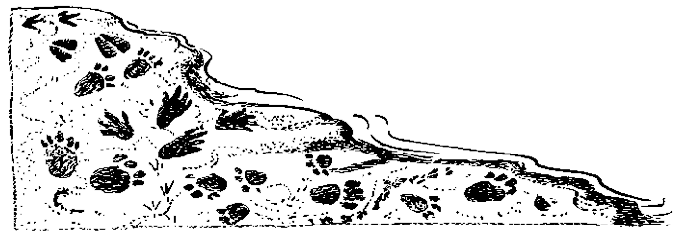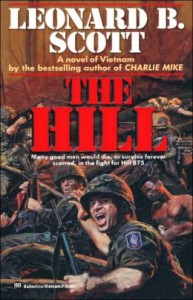Does Wartime Survival Depend on Boyhood Preparation?
 During the Civil War, soldiers from the North tended to suffer more casualties. Why? Because many had never fired a gun compared to young men from the South who shared a culture of hunting with grandfathers, fathers, and uncles. Some might argue that survival in combat depends a lot on skills and attitudes boys pick up early on.
During the Civil War, soldiers from the North tended to suffer more casualties. Why? Because many had never fired a gun compared to young men from the South who shared a culture of hunting with grandfathers, fathers, and uncles. Some might argue that survival in combat depends a lot on skills and attitudes boys pick up early on.
Hunting, marksmanship, camping, and vigorous outdoor recreation imbue young men with survival-oriented skills that indoor-types will never know. Playing video games and attending to cyberworld experiences isn’t the same. Likewise, those who have been brought up by liberal parents and teachers will often be too tender-hearted to be ruthless on the battlefield. How many soldiers have died because they remember the anti-war sentiments obtained from required high school texts like Remarque’s All Quiet on the Western Front?
 In his book The Hill about the Vietnam War, LTC Leonard B. Scott (awarded the Silver Star) makes a case for an almost Victorian emphasis on outdoor ruggedness and paramilitary preparation for young people who want to survive the mental, physical, and cultural rigors of combat.
In his book The Hill about the Vietnam War, LTC Leonard B. Scott (awarded the Silver Star) makes a case for an almost Victorian emphasis on outdoor ruggedness and paramilitary preparation for young people who want to survive the mental, physical, and cultural rigors of combat.
At one point Scott describes the value of recapturing the once popular skills associated with tracking animals, in this case a badger:
“Look at this carpet of leaves. See how they’re not broken or crumbly? Now look at this one and this one. See the difference? They’ve been stepped on. He’s heading straight, so that means he’s going back to his hole. If his trail meandered it’d mean he was searchin’ and sniffin’ around for his meal.
These tracks tell us he found what he was looking for, got full, and headed straight home. They’re nasty in their eating habits, ’cause they leave the rabbit heads to mark the boundaries of their hunting grounds. Even coyotes won’t mess with ‘em.”
In Vietnam, he saw that the same mental discipline would save the lives of soldiers on patrol who had to read trails for evidence of enemy booby traps and ambushes.
 During the Civil War, soldiers from the North tended to suffer more casualties. Why? Because many had never fired a gun compared to young men from the South who shared a culture of hunting with grandfathers, fathers, and uncles. Some might argue that survival in combat depends a lot on skills and attitudes boys pick up early on.
During the Civil War, soldiers from the North tended to suffer more casualties. Why? Because many had never fired a gun compared to young men from the South who shared a culture of hunting with grandfathers, fathers, and uncles. Some might argue that survival in combat depends a lot on skills and attitudes boys pick up early on. In his book The Hill about the Vietnam War, LTC Leonard B. Scott (awarded the Silver Star) makes a case for an almost Victorian emphasis on outdoor ruggedness and paramilitary preparation for young people who want to survive the mental, physical, and cultural rigors of combat.
In his book The Hill about the Vietnam War, LTC Leonard B. Scott (awarded the Silver Star) makes a case for an almost Victorian emphasis on outdoor ruggedness and paramilitary preparation for young people who want to survive the mental, physical, and cultural rigors of combat.